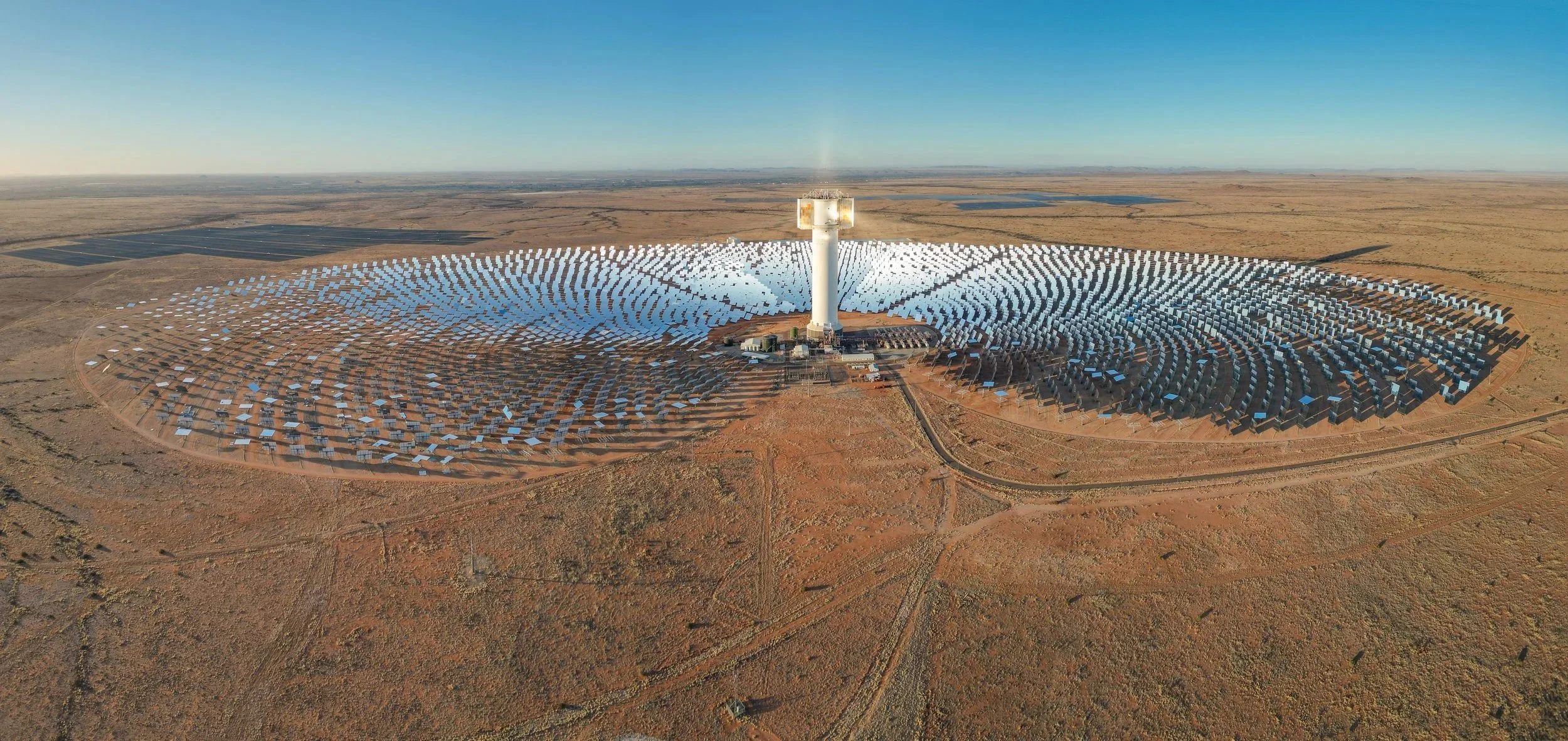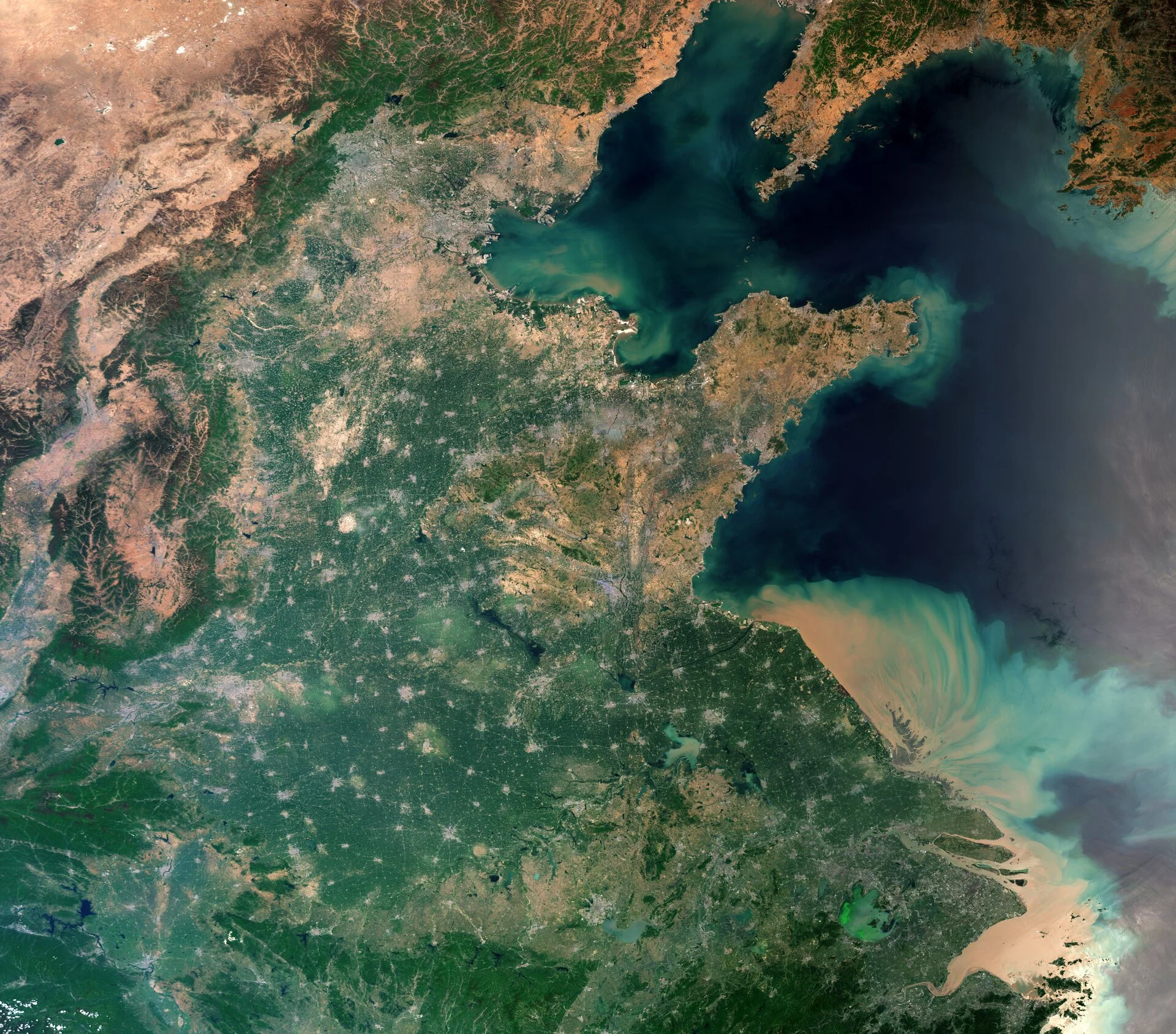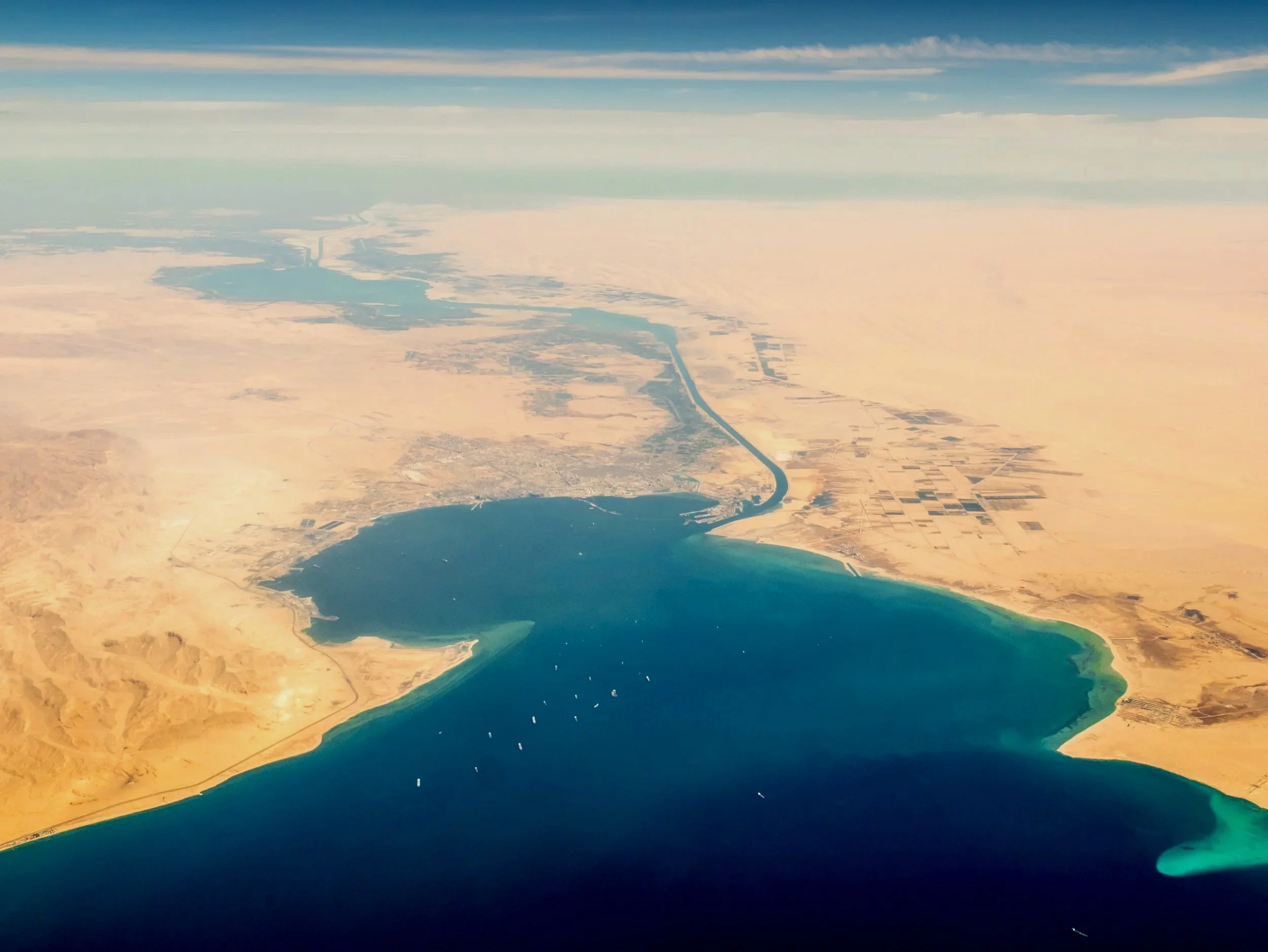
Climate Diplomacy Program
The Climate Diplomacy Program examines how climate change and energy transition intersect with and influence the complex geopolitical and security dynamics of the MENA region. Through multidisciplinary research and strategic engagement, we analyze how regional actors navigate an evolving landscape characterized by competing interests while studying how countries leverage climate action and energy transition to enhance their diplomatic influence and advance their strategic objectives.
Regional Context
The MENA region is witnessing significant transformation in its diplomatic landscape as climate change and energy transition reshape traditional alliances and create new partnership opportunities. Gulf states are increasingly leveraging their substantial financial resources to invest in renewable energy projects across Africa and Asia, enhancing their diplomatic influence while simultaneously diversifying their economies away from hydrocarbon dependence. Regional countries are also navigating complex relationships with global powers investing in clean energy infrastructure throughout the area. China's growing presence in regional renewable energy projects, critical mineral development, and green manufacturing creates both opportunities and challenges for MENA countries seeking to maintain strategic autonomy while accessing needed technology and investment capital.
At the same time, intensifying climate impacts are creating new security challenges that require innovative diplomatic solutions. Transboundary water management in increasingly stressed river basins, climate-induced migration across vulnerable borders, and mounting food security concerns increasingly demand more sophisticated regional cooperation mechanisms. The program provides policymakers with comprehensive strategic analysis of climate-security risks and diplomatic opportunities, practical guidance on partnership development and negotiation positioning, and effective frameworks for enhanced regional cooperation on shared climate challenges.
Through research, inclusive dialogue facilitation, and capacity building initiatives, we help regional actors navigate the complex intersection of climate policy and international relations to advance both ambitious climate action and core strategic interests.
Our diplomacy work is organized around a number of work streams
-

Security-Climate Nexus
Analyzes how energy transition reshapes regional relationships. Examines climate change as a risk multiplier for regional tension, and how its cascading impacts can lead to displacement. This focus areas also studies how countries can leverage climate action to enhance influence while addressing security implications.
-

Energy Transition Geopolitics
Examines how the global shift to clean energy is reshaping strategic interests and power dynamics in the MENA region. Analyzes implications for oil and gas exporters, critical mineral producers, and renewable energy developers while identifying new patterns of cooperation and competition emerging from the changing energy landscape.
-

Climate Cooperation & Diplomacy
Explores opportunities for enhanced regional and international climate collaboration through formal and informal mechanisms. Analyzes negotiation positions, bilateral climate partnerships, and multilateral engagements while developing frameworks to strengthen diplomatic capacity on climate issues and maximize strategic benefits of climate cooperation
Showcase Project
China-Middle East Cooperation
The China-Middle East Energy and Climate cooperation project at the Carboun Institute examines the evolving relationship between China and the MENA region in the context of energy transition and climate action. As China continues to be a major investor in regional infrastructure and energy projects while simultaneously leading in renewable energy technology, this program analyzes opportunities for enhanced cooperation in sustainable development.
Our research focuses on several key areas: China's Belt and Road Initiative investments in regional energy infrastructure and green industries, technology transfer opportunities in renewable energy and energy efficiency, bilateral and multilateral climate cooperation mechanisms, and trade relationships in green technology and sustainable products, knowledge exchange in climate adaptation and resilience, regional implications of China's domestic energy transition, and critical mineral resources and investments.
Showcase Project
Gulf Critical Minerals Investment Mapping
The Gulf Critical Minerals Investment Mapping project addresses a significant knowledge gap in understanding how Gulf sovereign wealth funds and state-owned enterprises are reshaping global critical minerals supply chains through strategic overseas investments. As competition over transition mineral supply chains intensifies and mineral-rich countries gain negotiating power to move up value chains, this project provides a comprehensive analysis of investments in mineral extraction, refining, and processing operations worldwide. The research examines the intersection of these investments with climate transition needs, economic diversification strategies, and stated net-zero commitments.
Our work concentrates on key areas including comprehensive investment profiling of Gulf Cooperation Countries documenting overseas investments in critical minerals operations, analysis of emerging patterns and dynamics in Gulf minerals investments and their geopolitical implications, assessment of geographical and mineral-specific focus areas, examination of how funding levels compare to Chinese and other countries' investments in similar sectors, evaluation of impacts on recipient countries and global supply chain configurations, and analysis of how these investments align with Gulf states' economic diversification strategies and climate commitments.
Showcase Project
Green Industrialization Pathways
The Green Industrialization Pathways supports MENA governments in harnessing the region's abundant renewable energy resources to drive economic diversification, industrial transformation, and the creation of quality jobs. Regional countries face a once-in-a-generation opportunity to position themselves competitively in emerging global value chains for green hydrogen, green ammonia, green iron, and green steel. However, despite growing national momentum, this agenda remains largely under-researched and often disconnected from broader economic, trade, and investment strategies. This project fills the strategic gap by providing governments and industry with integrated economic and energy analysis.
Our research focuses on several key areas: examining how countries can leverage cheap renewable electricity to develop new economic activities, assessing policy levers needed to catalyze green industrialization ranging from industrial and trade policy to investment incentives and finance mechanisms, exploring how countries can capture greater shares of regional and global trade flows by integrating into green supply chains, examining pathways for quality employment creation. By providing strategic policy advice, rigorous policy-relevant analysis, and facilitating knowledge exchange and regional coordination, this project aims to ensure that green industrialization becomes a strategic pillar for sustainable economic transformation across the MENA region.
Showcase Project
Energy Transition Finance in the Mediterranean Region (TeraMed)
The Energy Transition Finance project at the Carboun Institute addresses the ambitious goal of achieving 1 Terawatt of renewable energy capacity across the Mediterranean region by 2030, as outlined by the TeraMed initiative. Despite the region's enormous renewable potential of 4.5 Terawatt, current deployment falls far short due to financing gaps. This program focuses on mobilizing Gulf sovereign wealth funds and Islamic finance institutions, which command over $4 trillion in assets, to bridge the $700 billion investment requirement.
Our research focuses on several key areas: analyzing Gulf SWF renewable energy investment opportunities and barriers in the Mediterranean, exploring new financial mechanisms such as green sukuk, proposing sustainable cooperation frameworks between Mediterranean countries and Gulf financial institutions, and assessing cross-border energy infrastructure and regulatory harmonization opportunities. By creating replicable investment models, the program aims to establish Gulf states as leading investors in renewable energy, demonstrating how they can play a transformative role in the global energy transition while creating shared economic interests that support regional cooperation.
Publications













